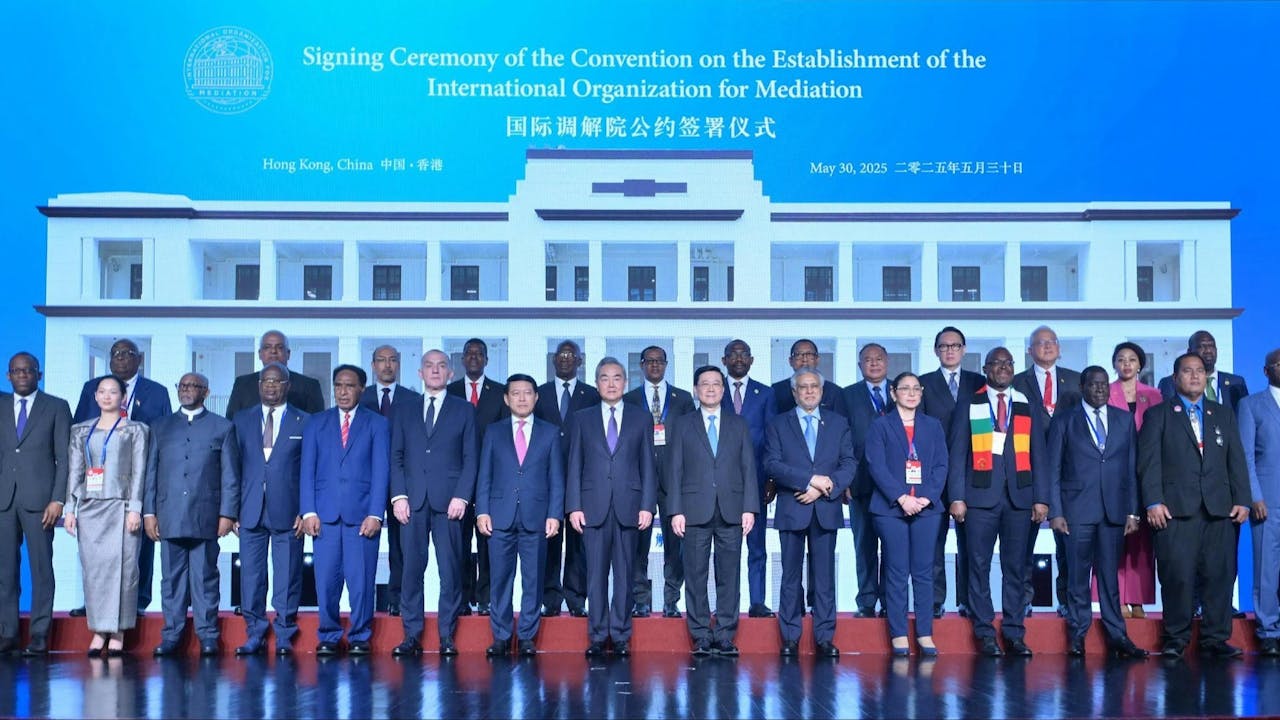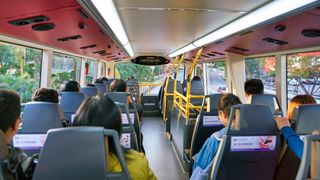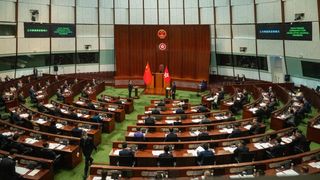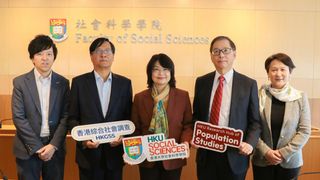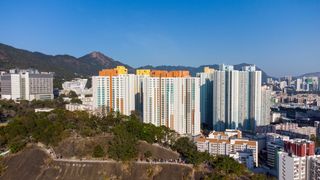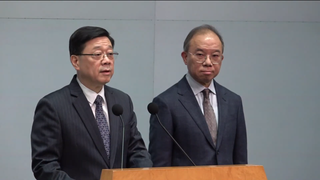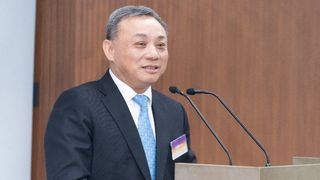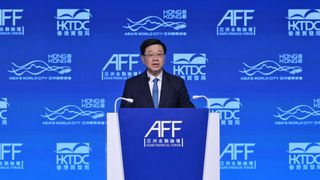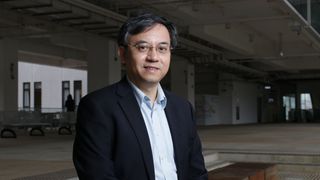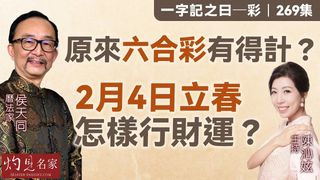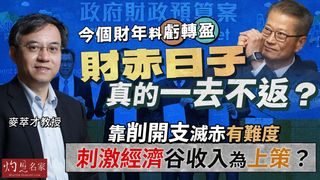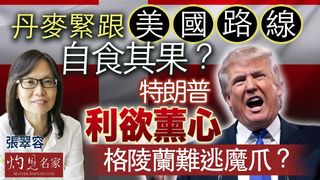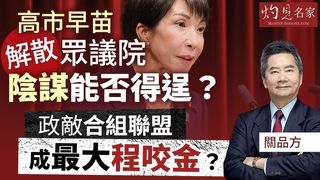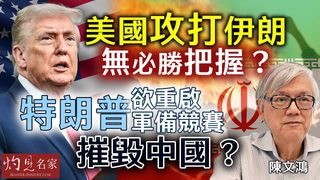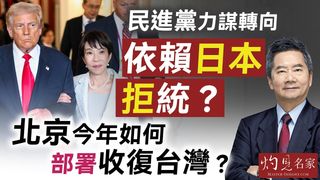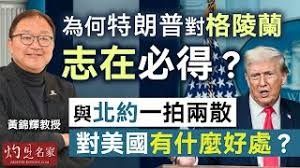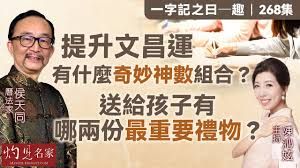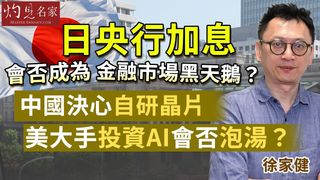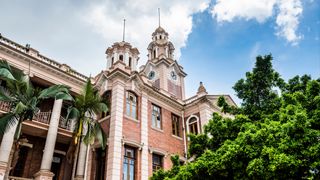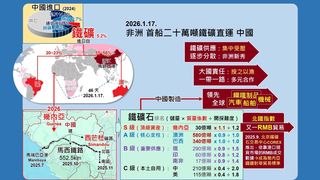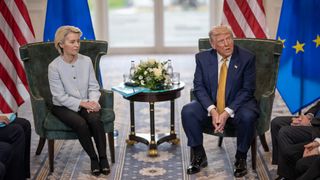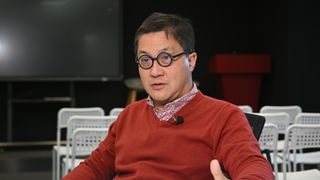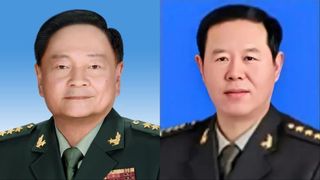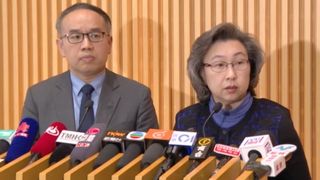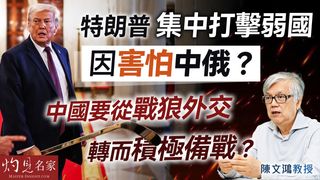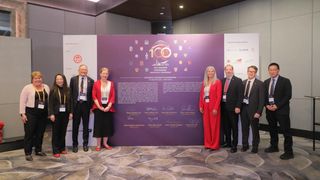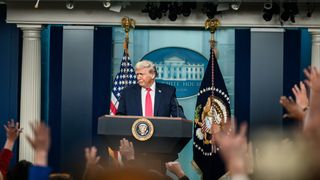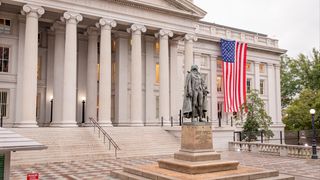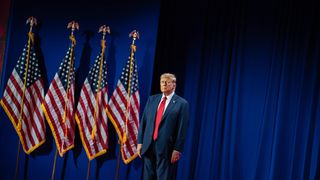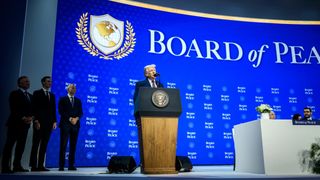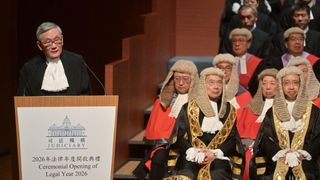中國外交部長王毅於5月30日出席國際調解院(IOMed)公約簽署儀式,並與33個締約國簽署公約,是全球首個總部落戶香港的政府間國際調解組織。近年中國致力推動多邊主義、全球治理和實現和平,王毅訪港之旅亦反映香港在國家外交政策中將扮演重要角色。
具體來說,在中國的支持下,香港將成為國際調解和解決世界一些國家之間貿易、商業和主權爭議的平台,這是香港對外關係前所未有的發展。
填補國際調解的制度空白
王毅表示,國際調解組織的成立可以填補國際調解的「制度空白」,是法治領域和改善全球治理的「重要公共財」。
他補充說,國際調解院的成立超越了國際爭端中的零和思維,這意味世界上一些國家訴諸武力,而不是在國際政治層面採取和諧原則。王毅援引《聯合國憲章》第33條強調和平解決國際爭端的必要性。國際調解院的總部選址香港前灣仔警署。
簽署該公約的國家很多都是發展中國家,例如寮國、巴基斯坦、尼日利亞、印尼以及中國一帶一路倡議沿線的拉丁美洲和加勒比海國家(見下表)。簽署公約的國家組成表明,中國的外交政策試圖透過強調多邊主義、反對霸權主義、實現和平和改善全球治理來贏得全球南方國家的民心。
部分國家代表以觀察員身分出席,但其國家未簽署公約。這些國家包括瑞士。
根據《關於建立國際調解院的公約》,其宗旨是調解並加強國家間的友好關係與合作。該公約的原則是(1)尊重各國主權、領土完整、平等、不干涉內政,努力實現國際法治;(2)確保解決爭端的自主思想和選擇自由;(3)本着善意與合作的精神,友好解決國際爭端;(4)確保公平、中立、公正的環境,靈活、高效、和平地解決爭端。
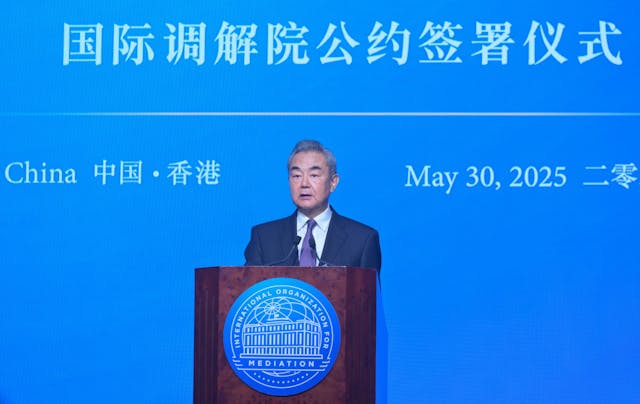
國際調解院或被視為中國主導
該公約的原則是尊重各國主權、領土完整、平等、不干涉內政是中國外交政策的核心要素。因此,它更傾向於吸引發展中國家和中國的友好國家,而不是美國的盟友。因此,國際調解院公約的成員國應該是支持中國的國家,而美國及其盟友更有可能將國際調解院視為主要由中國主導的國際組織,其政治和意識形態目標是抵制單邊主義、霸權主義和保護主義。
國際調解院的成員國組成反映了一種更符合中國地緣政治目標的戰略聯盟,它透過建立一個以吸引全球南方國家的原則為基礎的調解平台,中國尋求將自己定位為國際爭端解決的領導者和公平全球治理的倡導者。這項倡議引起了發展中國家的共鳴,這些國家常常在西方國家主導的論壇上難以應對複雜的國際法。
此外,中國的一帶一路倡議與國際調解院建立了互補關係,因為該組織為解決這一廣闊經濟框架內出現的貿易和商業爭端提供了途徑。透過這項策略協同作用,國際調解院不僅成為和平解決爭端的工具,而且與中國促進各大洲經濟合作發展的願景無縫契合。
國際調解院解決的爭端涵蓋個人、企業、信託單位、合作企業和獨立受資助企業等法律實體。然而,除非成員國同意,否則國際調解院無法調解與第三國有關的爭端。
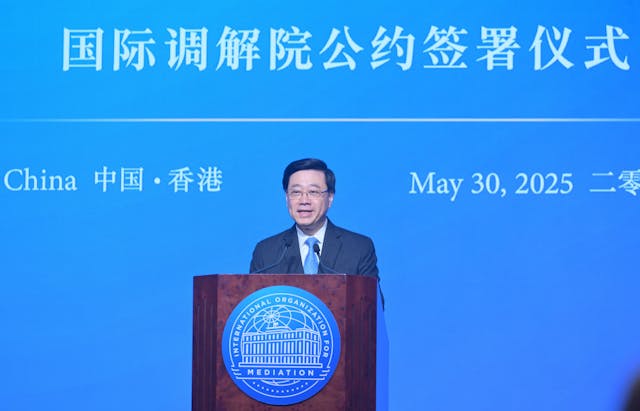
上述爭端解決機制意味着,與國際調解院有聯繫的國家更願意解決其貿易、商業甚至主權爭端。除非成員國未來逐步擴大,否則第三方爭端以及超出國際調解院範圍的貿易、商業和主權等爭端將被排除在外。
香港角色的政治意義
香港在成立國際調解院中所扮演的角色值得關注,具有重要的政治意義。
第一,香港首次成立維護國際法治的國際調解組織。在北京眼中,香港的普通法制度象徵法治,因此,將國際調解院的總部設在香港,顯示中國將利用香港來推行針對全球南方國家的外交政策。
第二,自2020年6月底《國家安全法》頒布以來,香港獲得中央政府的授權,在對外關係中發揮更積極的作用。隨着香港的國家安全得到有力維護,北京比以前更願意授權香港按照中國一帶一路倡議的思路開展對外關係。
第三,雖然香港一些旅遊業人士認為,國際調解院的成立為香港在旅遊、法律和翻譯服務方面獲得更多業務提供了黃金機會,但要讓這種樂觀預期成為現實,國際調解院必定會為成員國提供一個有吸引力的平台,以解決其在香港的商業、貿易和主權爭端。然而,國際調解服務是否會為香港特區帶來業務仍有待觀察。
第四,調解問題往往更具亞洲特色,因為亞洲政治和商業文化強調對話、和諧與和平解決爭端,而不像西方文化那樣依賴法院作為最終仲裁者來解決爭端。近年來,包括深圳、香港、澳門在內的粵港澳大灣區興起了調解員培訓熱潮。香港律師會現時有100名調解員。隨着國際調解組織的成立,這些調解員將有望在調解工作中發揮更大的作用。
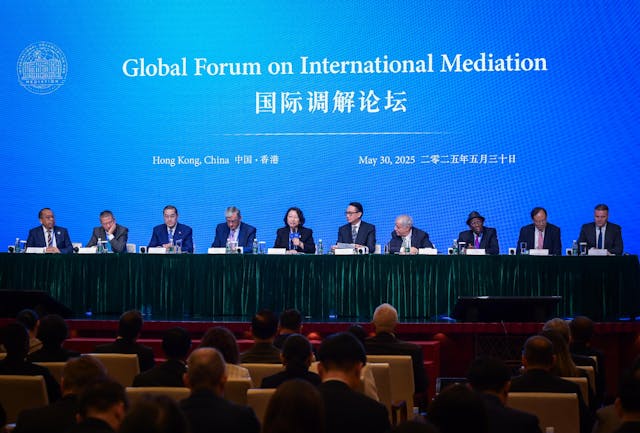
塑造香港為普通法的亞洲城市
第五,雖然香港的普通法制度被視為一國兩制的獨特之處,但調解服務的新擴展不僅可以加強香港的法治地位,而且可以充分釋放其法律潛力。因此,國際調解院的成立為香港提供了一個絕佳的機會,使香港能夠將自己塑造成一個融合英國普通法傳統與強調調解的更亞洲法律文化的特殊城市。
總而言之,國際調解院的成立是香港特區一項具有里程碑意義的法律發展,因為香港已成為中國大陸向世界,特別是全球南方國家,擴展國際調解工作的法律工具。然而,國際調解院的成員國可能會遭遇限制,因為美國及其西方和亞洲的盟友必然會對國際調解院的實用性和功能投以懷疑的目光。
儘管如此,國際調解院將成為中國和全球南方一些國家以更和諧的方式解決商業、貿易甚至主權爭端的重要平台。中國對多邊主義的重視與對改善全球治理的重視交織在一起,這一現像在國際調解院的成立中得到了體現。
The role of Hong Kong in China’s quest for Multilateralism and Global Governance
On May 30th, when Chinese Foreign Minister Wang Yi went to Hong Kong to set up the world’s first intergovernmental organization, namely the International Organization for Mediation (IOMed), and signed the Convention on its establishment with thirty-three signatories, the Hong Kong Special Administrative Region (HKSAR) has an important role to play in China’s foreign policy drive toward multilateralism, global governance and the achievement of peace.
Specifically, under China’s support, the HKSAR is going to be a platform for international mediation and the resolution of trade, commercial and sovereignty disputes between some countries in the world – an unprecedented development of Hong Kong’s external relations.
Wang Yi said that the establishment of the IOMed can fill in the “institutional gap” in international mediation and that the body serves as “an important public good” in the realm of the rule of law and the improvement in global governance (South China Morning Post, May 31, 2025, p. A1).
He added that the founding of IOMed goes beyond a zero-sum mentality in international disputes, implying that some countries in the world resort to force rather than adopting the principle of harmony in international politics. Wang cited Article 33 of the UN Charter to emphasize the need for peaceful resolution of international disputes. The IOMed headquarters is located at the former Wan Chai Police Station.
Representatives from some eighty countries and the United Nations attended the inaugural meeting at the Grand Hyatt Hotel. The original idea of setting up this IOMed could be traced back to 2022, after which five rounds of negotiations with some twenty countries. Preparatory work began in 2023 until this year when the time is ripe for the IOMed establishment.
Many countries that signed the Convention are from the developing world, including for example Laos, Pakistan, Nigeria, Indonesia and countries in Latin America and the Caribbean along China’s Belt and Road Initiative (see Table below). This composition of the countries signing the Convention points to China’s foreign policy of attempting to win the hearts and minds of the Global South through its emphasis on multilateralism, anti-hegemonism, the achievement of peace, and the betterment of global governance.
Note: Representatives of some countries attended as observers, but their countries did not sign the Convention. These countries include Switzerland.
According to the Convention of Establishing the International Mediation Organization, the objectives of IOMed are to mediate and to enhance friendly relations and cooperations among countries. The principles of IOMed are (1) to respect sovereignty, territorial integrity, equality, non-intervention in the internal affairs of countries, and to strive for international rule of law; (2) to ensure autonomous ideas and freedom of choice in resolving disputes; (3) to adopt the spirit of goodwill and cooperation to resolve international disputes in a friendly way; and (4) to ensure fairness, neutrality and just environment in the promotion of flexible, highly efficient and peaceful resolution of disputes (Ming Pao, May 31, 2025, p. A3). Organizationally speaking, the IOMed is composed of a Council, a Secretariat, and a list of mediators. The Council is composed of a representative sent by each of the member countries, dealing with executive matters, finance and mediation procedures. An annual meeting will be held during which a chair will be elected, together with several vice chairpersons until the next election.
Judging from the principles of the IOMed, the respect for sovereignty, territorial integrity, equality and non-intervention in internal affairs of countries are the core elements of China’s foreign policy. Hence, the IOMed tends to appeal to developing countries and those friendly countries of China rather than the allies of the US. As such, the member states of IOMed are destined to be those countries supportive of China, while US and its allies are more likely to see IOMed as an international organization mainly led by China with the political and ideological objective of resisting unilateralism, hegemonism and protectionism.
The IOM handles (1) disputes and differing views involving member states, and (2) trade and investment disputes.
The composition of member countries under IOMed reflects a strategic alignment that serves China’s broader geopolitical ambitions. By fostering a mediation platform rooted in principles appealing to the Global South, China seeks to position itself as a leader in international dispute resolution and a champion of equitable global governance. This initiative has resonance among developing nations, which often struggle to navigate the complexities of international law in forums dominated by Western powers. Furthermore, China’s Belt and Road Initiative finds a complementary ally in IOMed, as the organization provides an avenue for resolving trade and commercial disputes that arise within this expansive economic framework. Through this strategic synergy, IOMed not only becomes a tool for peaceful dispute resolution but also aligns seamlessly with China’s vision of fostering cooperative economic development across continents.
The disputes under resolution of the IOMed embrace those private parties such as individuals and such legally established entities as companies, trusts, cooperative enterprises and independently funded enterprises. However, IOMed cannot resolve disputes concerning the third country unless the member states agree to do so.
The dispute resolution mechanism above means that the countries affiliated with IOMed are more attracted to resolving their trade, commercial and perhaps sovereignty disputes. Third party disputes, as well as trade, commercial, and sovereignty disputes beyond IOMed’s scope, will be excluded unless member states gradually expand in the future.
The role of Hong Kong in setting up the IOMed is noteworthy and politically significant.
First, the HKSAR for the first time witnesses the establishment of an international mediation organization that champions the international rule of law. As Hong Kong’s common-law system is, in the eyes of Beijing, symbolizes the rule of law, having the headquarters of IOMed located in Hong Kong points to the utilization of the HKSAR in China’s foreign policy outreach that targets at the Global South.
Second, the HKSAR has since the enactment of the national security law in late June 2020 been empowered by the central government in Beijing to play a more assertive role in its external relations. Chief Executive John Lee’s recent visit to the Middle East was accompanied by some mainland companies and executives – an unprecedented development pointing to Hong Kong’s conduct and expansion of its external relations. In a sense, with the consolidation of domestic national security of Hong Kong, Beijing has felt far more comfortable than before to empower the HKSAR to exercise its external relations along the line of achieving China’s Belt and Road Initiative.
Third, although some tourism professionals in the HKSAR have seen the establishment of the IOMed as providing a golden opportunity for Hong Kong to acquire more businesses in the aspects of tourism and legal and translation services, this optimism is based on the assumption that IOMed will surely provide an attractive platform for member states to resolve their commercial, trade and sovereignty disputes in Hong Kong. However, it remains to be seen whether international mediation services will bring about businesses in the HKSAR.
Fourth, the question of mediation tends to be more “Asian” in the sense that Asian political and business cultures emphasize dialogue, harmony and peaceful resolutions of disputes, unlike the Western culture of relying on the courts as a final arbitrator to resolve disputes. In the recent years, the training of more mediators has emerged in the Greater Bay Area, including Shenzhen, Hong Kong and Macau. There are currently one hundred mediators under the mediation committee of the Hong Kong Law Society. With the establishment of the IOMed, these mediators will be expected to play a much greater role in contributing to the work of mediation.
Fifth, while Hong Kong’s common-law system is regarded as a unique feature of the “one country, two systems,” the new expansion in providing mediation services can and will not only strengthen the HKSAR’s rule of law status, but also fully unleash its legal potential. As such, the establishment of IOMed has been providing an excellent opportunity for Hong Kong to project itself as a special city blending the British common-law tradition with the more “Asian” legal culture of emphasizing mediation.
In conclusion, the founding of the IOMed is a landmark legal development of the HKSAR in the sense that Hong Kong has become a legal instrument for Mainland China to expand the mediation work internationally to all its friends in the world, especially those in the Global South. However, the membership states of IOMed may encounter limitations because the US and its allies in the West and Asia are bound to cast doubtful eyes on the usefulness and functions of the IOMed.
Having said that, IOMed is going to be a crucial platform for China and some countries in the Global South to tackle their commercial, trade and perhaps even sovereignty disputes in a more harmonious manner. China’s emphasis on multilateralism is intertwined with its stress on improving global governance – a phenomenon that is shown in the establishment of the IOMed.
The founding of the IOMed has tremendous implications for China and its relations with the HKSAR. While Mainland China is fully utilizing the HKSAR’s common-law system and rule of law as a unique platform to achieve its foreign policy objectives of reaching out to the Global South, improving global governance, and promoting international mediation work, Hong Kong has been also encouraged and supported since mid-2020 to play a more prominent and assertive “external” policy of expanding and enriching Beijing’s Belt and Road Initiative.
原刊於澳門新聞通訊社(MNA)網站,本社獲作者授權轉載。(原文按此)





